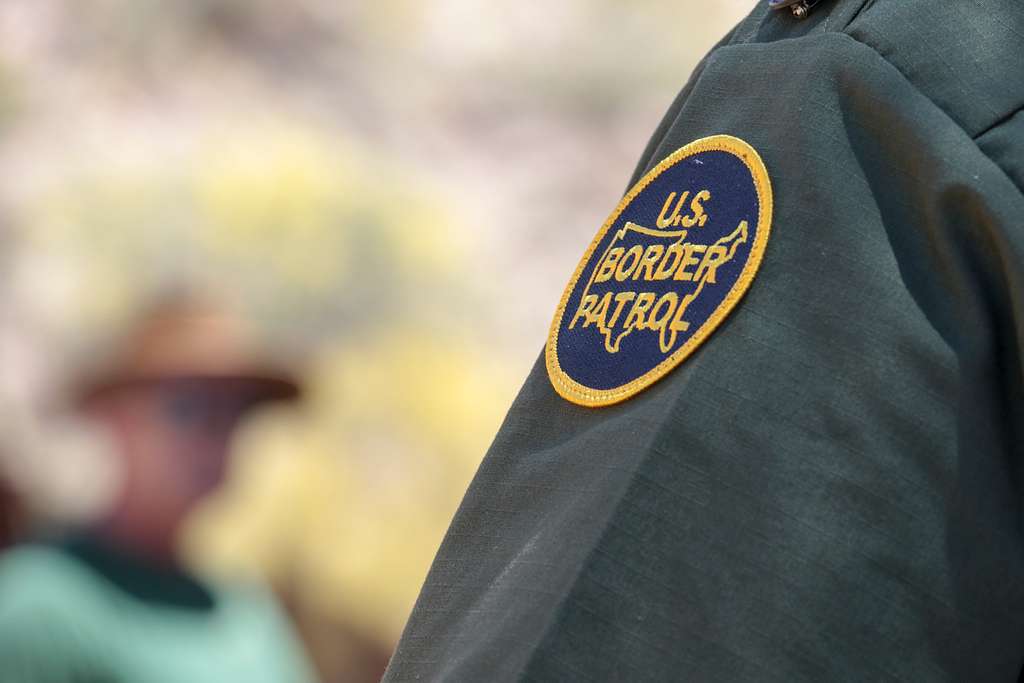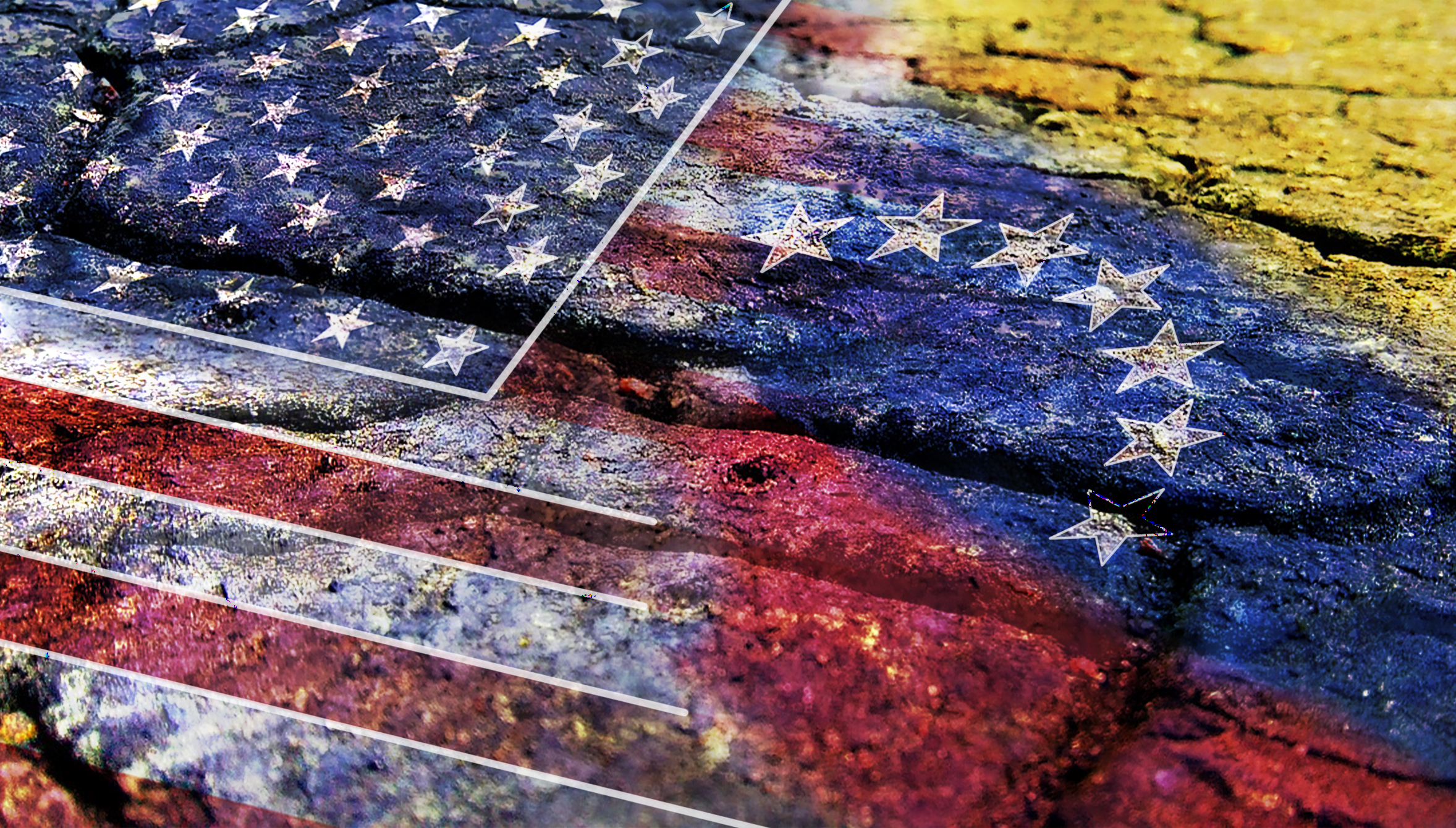In a sweeping move that shatters the already crumbling narrative of a “legal path” to U.S. residency, the Trump administration has revoked temporary legal protections for over 530,000 immigrants from Cuba, Haiti, Nicaragua, and Venezuela—all of whom had followed the rules of a humanitarian parole program introduced under President Biden.
Under that program, these individuals were vetted, granted two-year parole status, and permitted to live and work in the United States legally. The Biden administration had sold it as a safe and lawful alternative to irregular migration—a way to “do things the right way.” Now, with one executive order and the stroke of a pen, that promise has been obliterated.
Homeland Security Secretary Kristi Noem claimed the conditions in the home countries no longer warrant protection, despite clear evidence of continued political instability and human rights violations. Critics say the decision is not only politically motivated, but part of a coordinated campaign to end all forms of humanitarian entry, legal or not.
Legal residents who passed background checks, paid taxes, and secured jobs now face deportation or the chaotic limbo of immigration court. Many have already put down roots, enrolled their children in schools, and joined communities under the belief that the system had rewarded them for doing it “the right way.” The betrayal is total.
Immigration lawyers and rights groups warn this action could incentivize irregular border crossings, since the message is now clear: even legal migration routes can vanish overnight. The chilling effect is also rippling through Latin American diplomatic circles, where officials are now openly questioning whether the U.S. can be trusted as a partner on migration policy.
The Biden-era parole program was limited but effective. It offered a controlled pathway and reduced illegal crossings from the four targeted countries by over 60%, according to DHS data. Ending it not only throws more than half a million people into crisis—it may destabilize regional cooperation efforts just as new waves of displacement emerge.
Meanwhile, lawsuits have already been filed. Civil liberties groups argue the sudden revocation violates both due process and international norms around the treatment of refugees and parolees. “They did everything right. Now they’re disposable,” said one immigration attorney in Miami. “The myth of the legal pathway is dead—and maybe it never existed at all.”
Reported by Casey Clearview for The Crustian Daily.
Author
Discover more from The Crustian Daily
Subscribe to get the latest posts sent to your email.













